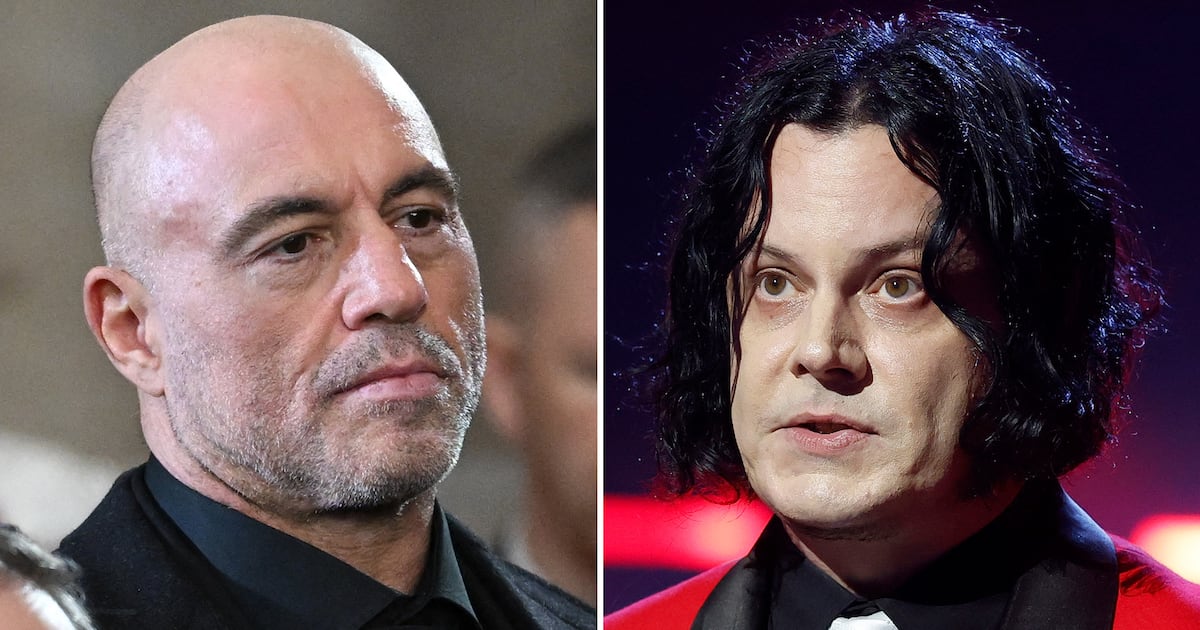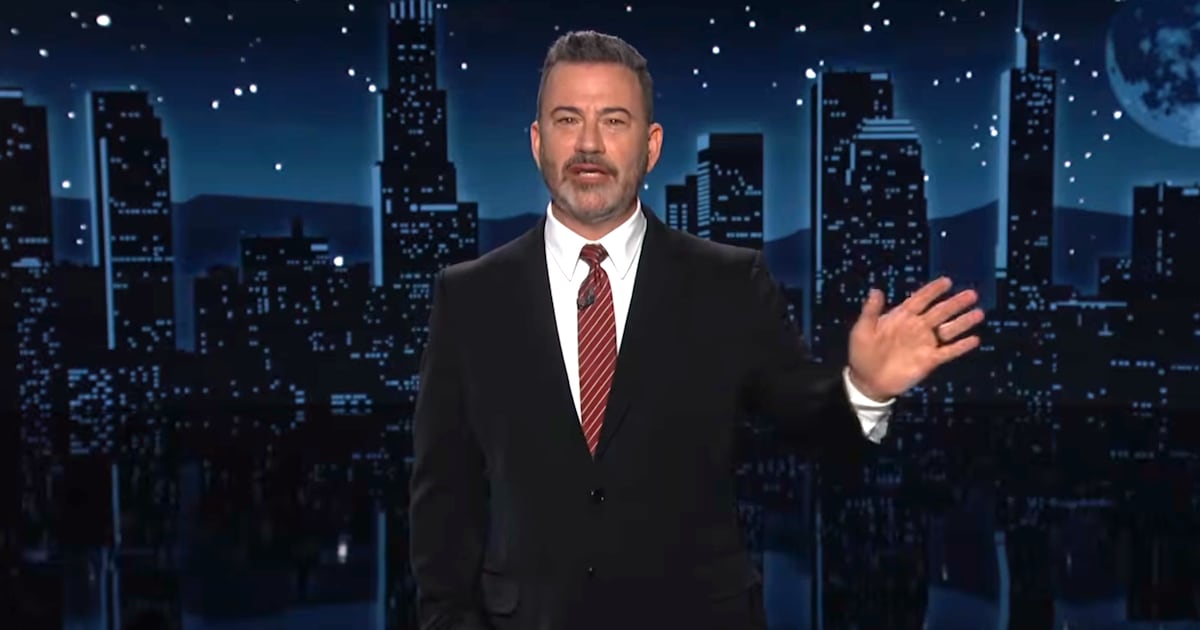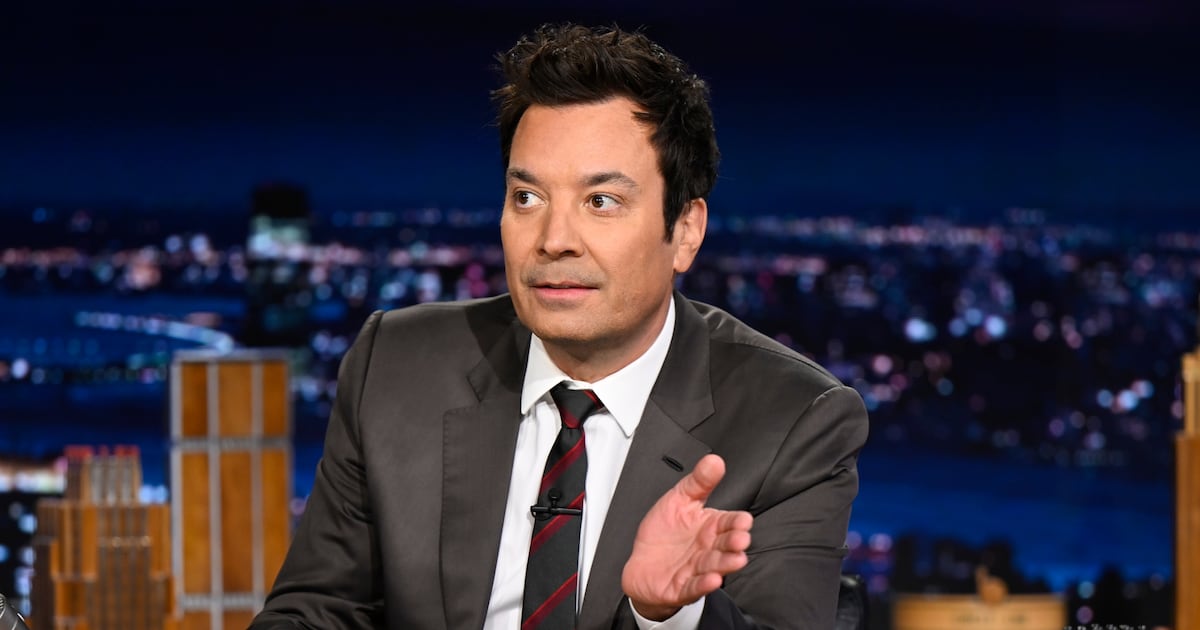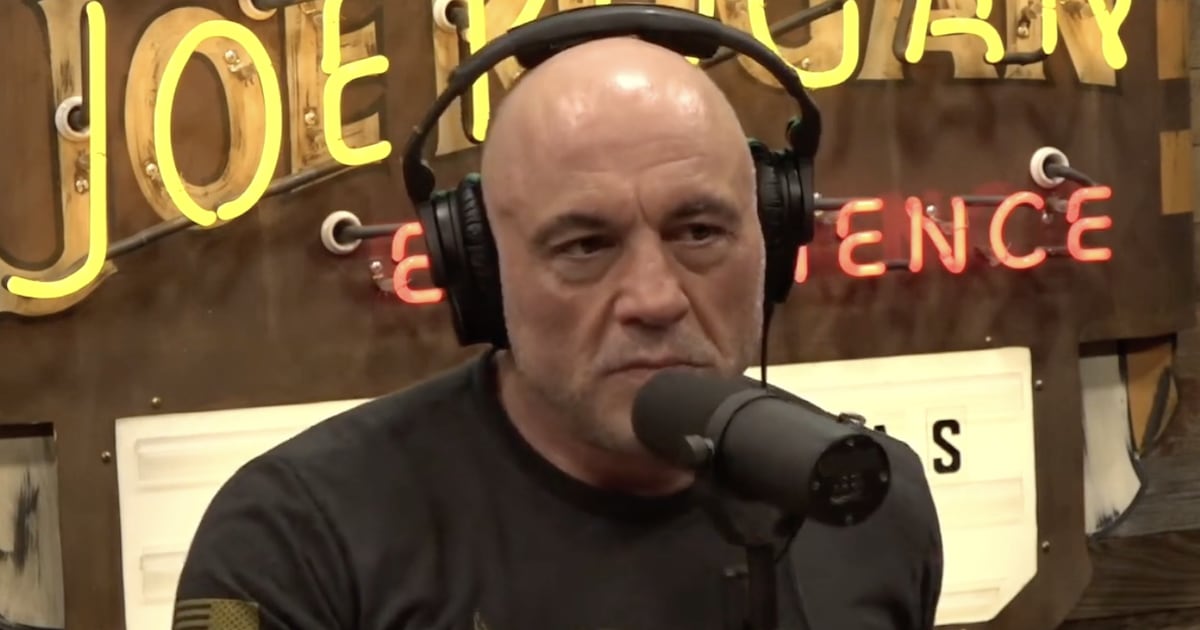If you’ve recently clashed with your basketball-obsessed loved ones over not knowing who Luka Dončić was, good news! You can all enjoy Netflix’s new sitcom together, even if its familiar beats aren’t all-star-worthy.
It’s difficult not to draw comparisons while watching Running Point, which launched Feb. 27 on the streamer. Its squabbling nepo siblings evoke shades of Succession and The Righteous Gemstones. Zooming in on both the management and players of a high-profile sports team is textbook Ted Lasso, and centering an ambitious, unapologetically high-strung heroine in her workplace? Well, Mindy Kaling executive-produces it for a reason.
But the series’ most obvious inspiration is Lakers president Jeanie Buss, who, after assuming the role from her late father, made history as the first female controlling owner to lead her team to an NBA championship. Buss executive-produced Running Point and personally approached Kaling to help dramatize her life’s story on screen. Lead character Isla Gordon’s (Kate Hudson) confident cross-legged pose on the series' poster is even directly modeled after the cover of Buss’ 2010 memoir Laker Girl.
Although Running Point’s fictional basketball team has been renamed the Los Angeles Waves, even the most casual of basketball fans will be able to spot plenty of real-life Lakers allusions—namely, Lakers forward LeBron James’ obvious influence on star athlete Marcus Winfield (The Game‘s Toby Sandeman).

Thankfully, all of this real-life team involvement led to a show that’s more than a star-studded PR vehicle in the vein of recent years’ spat of celebrity-endorsed documentaries. Buss and company at least give Running Point’s writers leeway to dig into the inherent juiciness of her messy, well-publicized family.
Unlike Buss, Isla starts out in as much of an underdog position as a billionaire rolling in generational wealth can. Shut out of her family’s business dealings by her hotshot Waves president-dad despite her obvious passion for the game, Isla is a reformed party girl and tabloid staple. These days, she half-heartedly plugs away at her practically nonexistent job as the Waves’ charities director and occasionally remembers that her devoted longtime fiancé Lev (New Girl’s Max Greenfield) exists.
That all changes when Isla’s oldest brother Cam (Justin Theroux) is ousted from his position as Waves president after a cocaine-fueled car wreck lands him in rehab. He shocks the family when he appoints Isla as his interim successor, surpassing both dopey middle brother and failed basketball star Ness (Scott MacArthur) and nerdy youngest brother Sandy (Drew Tarver), the company CFO.
Suddenly, Isla finds herself in a high-powered job dominated by lecherous old white dudes, in charge of a beloved team embroiled in a humiliating losing streak. If that weren’t enough, the Gordons are also confronted with the sudden emergence of Jackie (Fabrizio Guido), a Waves popcorn vendor who turns out to be their secret half-brother.
Isla might be inexperienced and more than a bit of a dirtbag, but she’s your classic overlooked protagonist—of course her unconventional methods turn out to be exactly what the Waves need.

Over the course of 10 episodes, her serialized ascent is lumped in alongside more traditional sitcom plots that flit between basketball culture mainstays —brushes with a jerk sports-bro podcaster and navigating gametime streaming deals and rogue players, to name a few—and dysfunctional family foibles. For all the bland, overlit cinematography that might as well be a Netflix mandate, the show’s minute details are refreshingly precise. Props to its airtight basketball vernacular and costume designer Salvador Pérez Jr., who expertly curates Isla’s colorful power suits and penchant for Hermès.
At times, Running Point struggles to hold its own as a pure sitcom. Characters’ foibles are easily whisked away within a few scenes. The world of an NBA team might be large, but the show’s attempts to pack too many characters into its ensemble don’t help either. The people in Isla’s life could be chiseled into memorable comedy archetypes, but there are too many ancillary characters vying for screen time for these characterizations to truly stick.
At the same time, Running Point shies away from the depth that mining the thornier sides of the Gordons’ family dysfunction might bring to our leads. In real life, Buss once fired her brother Jim from a Lakers executive role. Her fictional counterpart, whose dirtbag demeanor is couched by Hudson’s rom-com heroine charms, never gets the chance to get her hands dirty in such a way, which could’ve introduced some welcome stakes.
Yet for all Running Point’s shortcomings, it’s hard to deny the charms of its cast, a murderer’s row of actors that your dad or your sister or your roommate will spot and gush, “I loved them in [insert past comedy project].”

It’s delightful to watch Brenda Song, who plays the perkily cutthroat Lakers chief of staff, continue to enjoy a career renaissance that kicked off with last year’s The Last Showgirl. Tarver is another standout, building upon the down-on-his-luck, exasperated appeal that made his Max comedy The Other Two so eminently watchable. The one exception to this cast’s universal magnetism is Chet Hanks as bro-y player Travis. There’s a real cilantro quality to his star persona—if you didn’t enjoy seeing him rap about the “White Boy Summer” meme, you probably won’t love watching him wax poetic about Hudson’s boobs.
No matter what your relationship with basketball is, Running Point won’t be the best TV you see this year. But it goes down easily and boasts so much star appeal that it doesn’t have to be. Give the creative team a bit of time, and who knows? Maybe Running Point has what it takes to grow into the four-quadrant hit it wants to be. But please, a little less Chet Hanks rapping next time.









